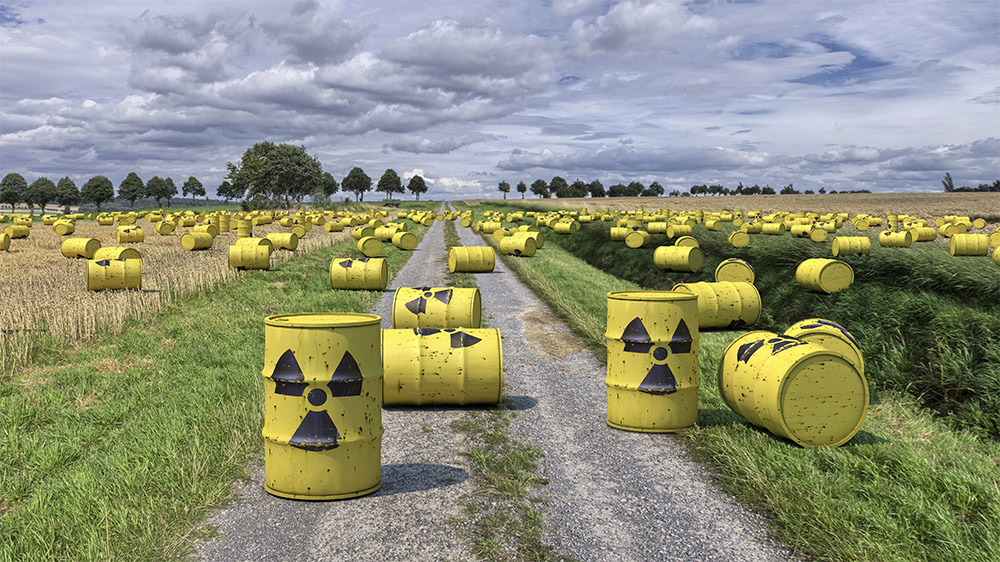Scientists finally find a good use for nuclear waste: making batteries
Putting the active into radioactive

Unlimited clean energy is a world-changing prospect. It's hard to overstate how much the development of a technology that provides power for free would change our civilisation, in most regards for the better. That's why so much money is being spent on research into nuclear fusion and related technologies.
Now, however, a team of physicists and chemists from the University of Bristol have unveiled a 'nuclear battery' that they claim could offer a long-term supply of energy with zero emissions for small, low-power devices. Best of all, it could solve our nuclear waste problem along the way.
Their prototype battery involves a man-made diamond that generates a small electric current when placed in a radioactive field. "There are no moving parts involved, no emissions generated and no maintenance required, just direct electricity generation," said Tom Scott from the University's Interface Analysis Centre.
By encapsulating radioactive material inside diamonds, we turn a long-term problem of nuclear waste into a nuclear-powered battery and a long-term supply of clean energy."
How it works
The prototype uses an isotope called nickel-63 as the radiation source, but the team believes that they could significantly improve the efficiency of the device by using carbon-14 - a version of carbon that's generated in the graphite blocks that slow nuclear reactions in power plants.
"Carbon-14 was chosen as a source material because it emits a short-range radiation, which is quickly absorbed by any solid material," said Neil Fox from the university's school of chemistry. "This would make it dangerous to ingest or touch with your naked skin, but safely held within diamond, no short-range radiation can escape. In fact, diamond is the hardest substance known to man, there is literally nothing we could use that could offer more protection."
The UK currently has about 95,000 tonnes of graphite blocks in storage without a long-term plan for disposing of them. The Bristol researchers say that by extracting the carbon-14 from them, their radioactivity would decrease - making them easier and cheaper to store.
Get daily insight, inspiration and deals in your inbox
Sign up for breaking news, reviews, opinion, top tech deals, and more.
Long life
Using carbon-14, the team says that a nuclear battery would take 5,730 years to discharge by half. That's about the same amount of time that human civilisation has existed for.
Scott added: "We envision these batteries to be used in situations where it is not feasible to charge or replace conventional batteries. Obvious applications would be in low-power electrical devices where long life of the energy source is needed, such as pacemakers, satellites, high-altitude drones or even spacecraft."
